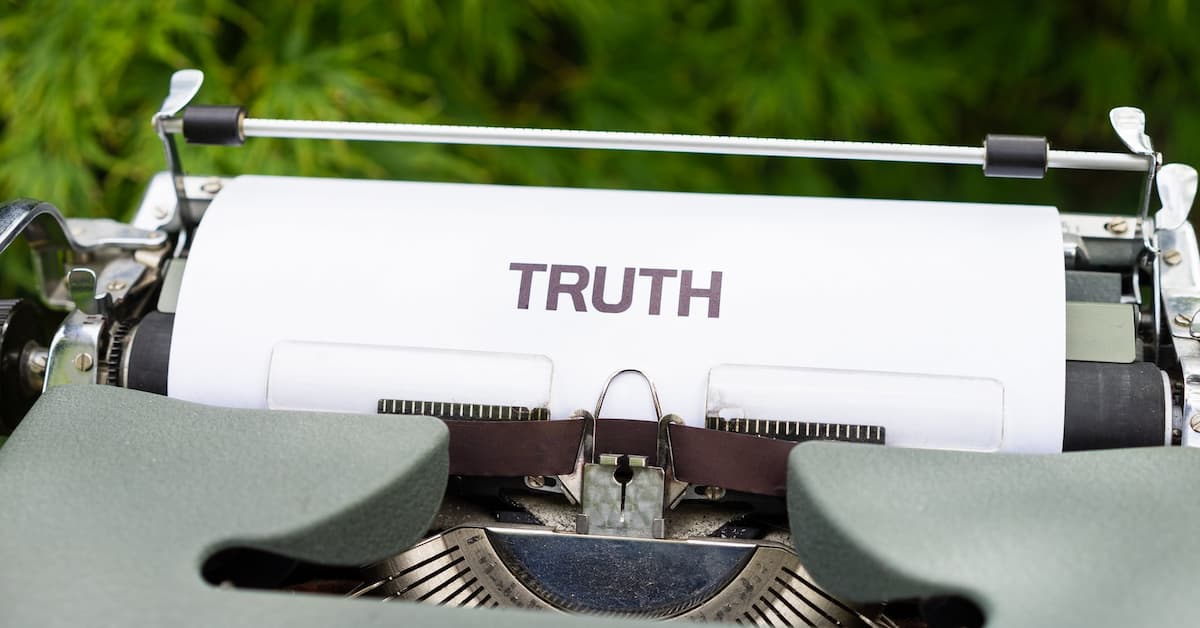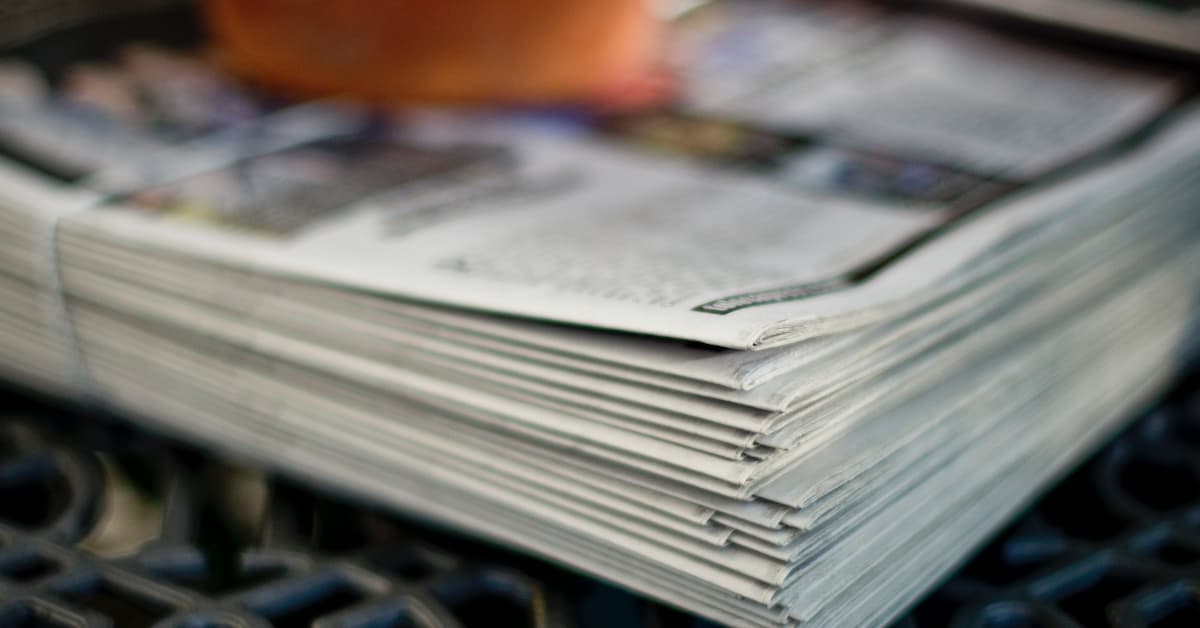What are absolutes?
Can you ever really say that an event will 100% happen or that one event 100% leads to another event? In daily life, we speak in absolute terms with words such as will, leads to or definitely:
- It will rain tomorrow
- Eating chocolate leads to weight gain
But can we be certain about these events?
Why should you avoid using absolutes in academic writing?
Science acknowledges probability, rather than claiming an event is certain to happen. The reason? There are often too many variables for which to account. Let´s consider the above statements:
It will rain tomorrow
Listen to a weather report and you are unlikely to hear the word will used with 100% certainty. Instead, weather reporters use terms such as a 70% chance of rain. Why? Variables: air pressure differences, the planet´s rotation and heating effects on the Earth´s surface from the sun. These can all change.
Eating chocolate leads to weight gain
It could, but again variables play a role: a person´s metabolism, the amount they eat, the type of chocolate they eat, and the amount of energy they burn in the day. Again, there are far too many variables to present this cause – effect relationship as 100%.
How can you avoid absolutes?
Use terms that reflect probability rather than certainty. For example:
Words that display possibility:
can, could, may
Words that display probability:
is likely to, will probably
Percentages:
0 – 100% chance
So, you could change the above sentences to the following:
- There is a 70% chance that it will rain tomorrow
- Eating chocolate may lead to weight gain
These sentences are more reflective of the evidence and probability, meaning they are closer to a truth that we can evidence.




